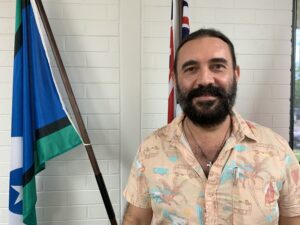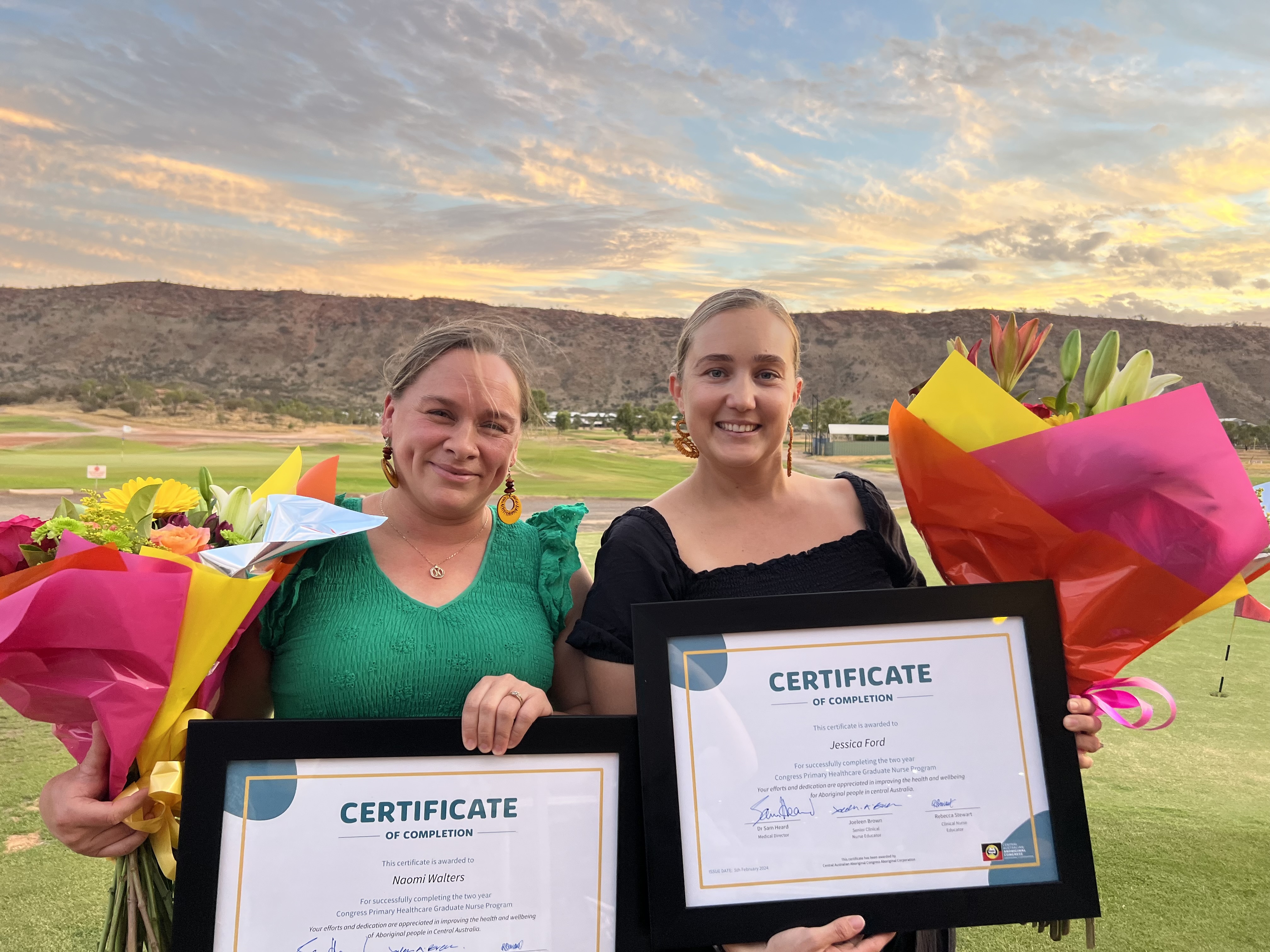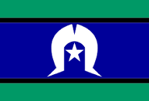As a valued member of our working group for the Primary Health Care Accessibility and Inclusion Project, Chris collaborates with other group members to improve barriers and challenges people with a disability face when accessing primary care.
Tell us how you came to be in this working group?
Cherie Vance (Executive Officer, Autism NT) approached me about the project; I could see the value of such an initiative, and expressed an interest in joining. I then met with Trudy Lee (Project Coordinator) to learn more about the project and what my role(s) would be; as both a Specialist GP (with a special interest and expertise in mental health) and a father of a son with high functioning ASD (Autism Spectrum Disorder), I felt that I would be able to contribute as both a ‘clinical advisor’ as well as a ‘carer’, and I accepted the invitation to join.
Can you talk to us about being a parent and carer?
I consider being a father as one of my greatest achievements, …I love being a dad and get so much joy and satisfaction from it, and we (my wife, Kerri-Anne, and I) support each other in caring and providing for both our children, Noah and Tianne; and we are grateful and appreciative of all our blessings, and we embrace and celebrate all the ‘wins’.
We have certainly had to work through and overcome our fair share of challenges and obstacles along the way, have had to deal with the scrutiny and judgements of others, the negative stereotypes and ‘labelling’ (pigeonholing); and like so many others, have had to navigate through some quite complicated healthcare pathways and medical systems, …which was helped by both my wife (Occupational Therapist) and myself being in the health profession. There was a grief of ‘normal’ (typical) development, and uncertainty regarding the future; and at times we had felt quite overwhelmed and alone.
Our son is very lovable, is caring and considerate of others, passionate about his studies, and has some exceptional skills and strengths. In earlier years there were some challenging (but not aggressive) behaviours, with fluctuating levels of anxiety and at times ‘meltdowns’; …and we have always tried to differentiate between ‘normal/typical, age-related behaviours’ and those related to ASD, and manage these accordingly. Of other utmost importance has been the utilisation of all our supports (personally and professionally), and in this respect, we have been very fortunate.
You’re a GP who specialises in mental health, does your expertise as a doctor influence your role as a parent/carer?
Certainly, with the knowledge, understanding, and skills attained through my specialist training and 24 years of clinical experience (in the fields of Psychiatry and General Practice); but at the same time, I am very mindful that my role is as ‘dad’, and not ‘doctor’ to both our children, aware of these ‘boundaries’. In short, my education and experience certainly help in my parenting and caring role, not only in understanding (medically and developmentally) the nature of ASD (ie the content), but also in navigating systems and accessing services (ie the process).
What are the misperceptions people have of people living with a disability?
Where to start, with many negative stereotypes and wrongful assumptions? To list but a few (key words and phrases)…‘they can’t, …are unable’, are ‘unwell’, ‘unhappy’, ‘in pain’, ‘unskilled’, ‘dependent, …and helpless’; that they cannot lead a full and productive life, that they are a burden on society; …that they are unable to have meaningful relationships, or be able to care for others, to get married and have children, to travel, …etc, etc. There are also wrongful assumptions about intellectual abilities; and people living with a disability are often ‘defined’ by their disability, rather than who they are as a person.
What changes do you hope to see for people living with a disability?
I want to see more societal awareness, knowledge, understanding, and acceptance; I want to see more embracement, inclusion, and accessibility; equal opportunities, and more recognition of skills and contributions. We need to continue to ‘break down the barriers’, to end discrimination, and destigmatise disability; …and focus on enablement, empowerment, and independence, …and quality of life.
I (personally) prefer the term ‘different abilities’ as opposed to ‘disability’; or disABILITY.
There needs to continue to be an attitudinal change – people living with a disability need to be appreciated and valued as important contributing members of society. There needs to be more of a shift to the ‘Social Model of Disability’ (and a move away from the “Medical Model of Disability’), where it’s understood that people are disabled by barriers in society (including mental attitudes and the physical environment), NOT by their medical condition, individual limitations or impairments; with more of a focus on strengths, and abilities, and experiences of people with disabilities.
Although there have been some positive changes, with some improved outcomes, we still have ‘a long way to go’, with ‘a lot more work to be done’.
Learn more about our Primary Health Care Accessibility and Inclusion Project.






